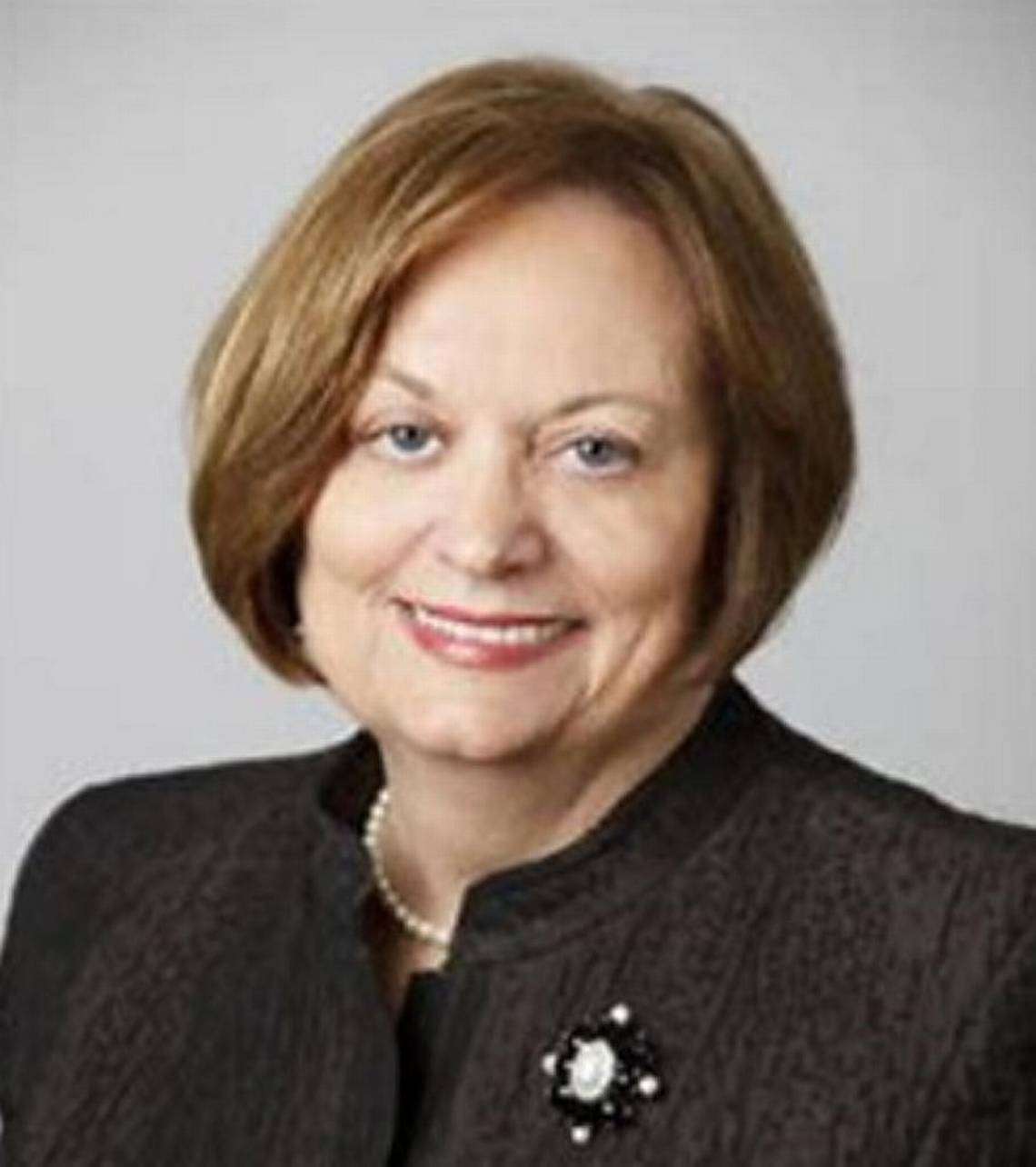
Proposed legislation to allow state tax dollars for parents to send at risk students to private schools is a disaster trying to happen.
Enacting the Student Empowerment Act would shift the foundation of Kansas public education. If parents were allowed to claim the per-pupil base state aid and use it for private school tuition, textbooks and other educational expenses then private citizens could direct use of public tax dollars for their private desires.

Parents who see the SEA as an off ramp from declining statewide student achievement scores have little conception of what could happen if this ill-conceived legislation becomes law. While there are strong private schools in Kansas, the SEA would hinder K-12 education and violate three basic purposes of American public education.
The first is protection for free, public education. SEA, would set up a second school system and the state would pay to administer the program.
State funding this year is set at $4, 846 per student. High school tuition plus fees at private schools range from $9,000 to near $20,000. Families reaping the most benefits of the bill would be those who can afford tuition or are near that level. Per student funding could cover tuition at many private elementary schools although some charge as much as $10,000 per year. With SEA most families would need some supplemental out-of-pocket funds for private schooling.
Judging by similar programs in other states, Kansas management costs could run as much as $2 million per year; moreover, the state treasurer’s office predicts costs to implement the act at more than $1 million.
A second purpose of public schools is to provide equal opportunity for all students. Private schools, by definition, do not operate for the common good. Only those students chosen are admitted. Private schools are not required to undergo state accreditation or inform parents of data they collect.
A third purpose of public education is to bring together a diverse population of students and prepare them for democratic citizenship. Multiple private schools that teach numerous, dissimilar ideologies and religious beliefs may fulfill parents’ desires for their children’s education, but the public school is the single, significant force in American society inspiring respect for others, citizenship responsibilities and unity.
Parents receive countless, unreplicated research reports showing that students in private schools achieve at higher rates than public schools.
More conclusive research was conducted by Martin Carnoy of Stanford University who studied 25 years of research projects and found that voucher programs, which are nearly identical to the SEA, do not significantly improve test scores.
The Brookings Institution compared voucher programs in Indiana and Louisiana using rigorous research designs. Data collected show private school students scored lower on reading and math compared to similar students in public schools.
Parents already have the right to be heard, the right to know what’s being taught, the right to protect their child’s privacy and the right to request opt-out of classes or services.
There is an enormous difference between parental rights and parental control of education tax dollars.
In a democracy, representatives of the public oversee public dollars, in this case the representatives are educators.
It is deeply disturbing that a vital safeguard of democracy might decline if education shifts from public to private institutions. The goal should be to improve public education, not weaken it.
Sharon Hartin Iorio is Dean Emerita Wichita State University College of Education.






